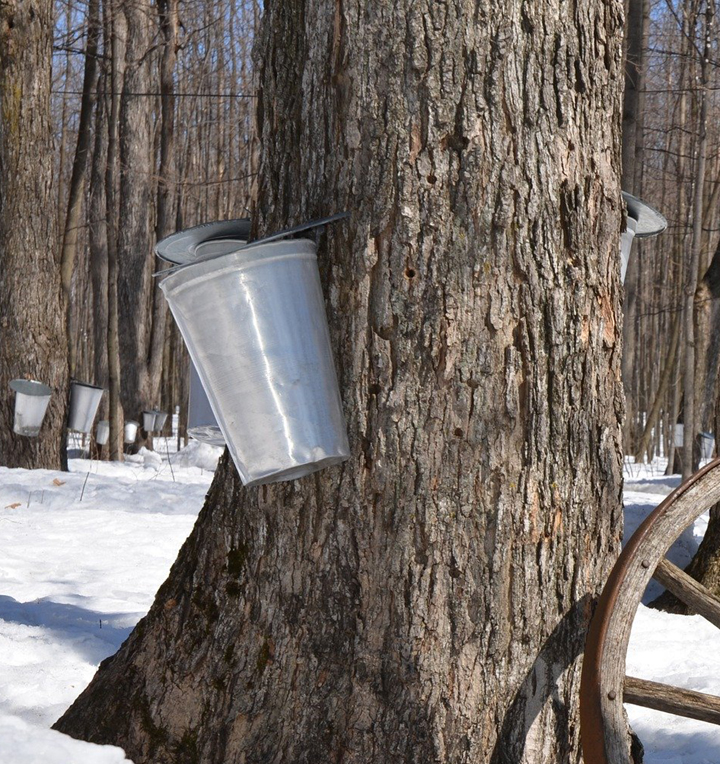
Beetle that threatened maple syrup industry eradicated in Mississauga and Toronto
By Food in Canada
Food In Canada Food Safety Specialty Foods maple syrup
June 29, 2020, Ottawa, Ont. – A culprit that was a menace to Canada’s hardwood trees and maple syrup industry – the Asian longhorned beetle (ALHB) – has been eradicated from the cities of Mississauga and Toronto.
Agriculture and Agri-Food Minister Marie-Claude Bibeau and Natural Resources Minister Seamus O’Regan made the announcement recently.
The populations in the two cities were the only known ones in Canada. ALHB is a highly destructive wood-boring pest of maples and other hardwood trees, including poplar, birch and willow. It had the potential to devastate Canada’s hardwood and maple syrup industries.
The ALHB was discovered in Mississauga and Toronto in August 2013, after previously having been eradicated in the cities of Toronto and Vaughan. To prevent the spread, the Canadian Food Inspection Agency (CFIA) established a regulated area within the cities of Mississauga and Toronto that restricted the movement of nursery stock, trees, lumber, wood, and wood products, including all firewood unless given prior authorization.
Combined with a promotional campaign creating awareness about the movement of firewood, CFIA with the help of residents and businesses were successful in eradicating the destructive invasive species.
The movement of firewood and host tree materials will no longer be restricted, however the government is advising that one of the most common ways pests travel is by hitching a ride in firewood, so it is recommending that people buy and burn wood locally.
“The eradication of this pest is great news,” said Neil Ellis, Parliamentary Secretary to the Minister of Agriculture and Agri-Food. “Plant pests such as the Asian longhorned beetle pose a substantial risk to Canada’s economy and environment. This is why I am so pleased to see all levels of government working closely with industry stakeholders to protect Canada’s plants and trees.”
Print this page